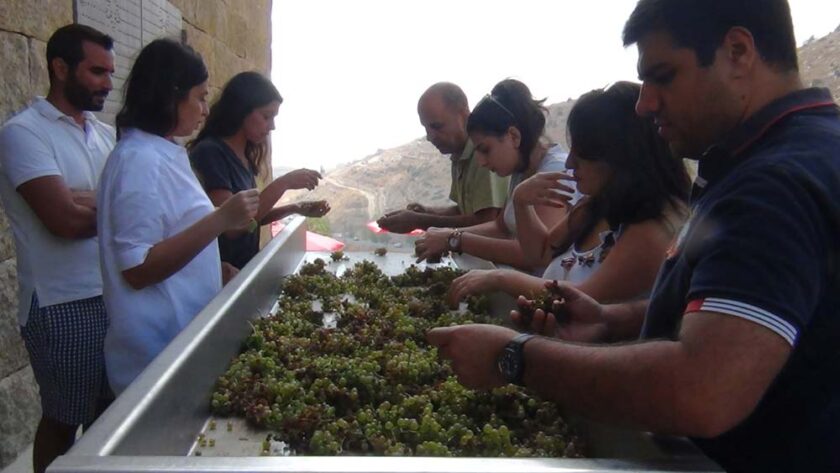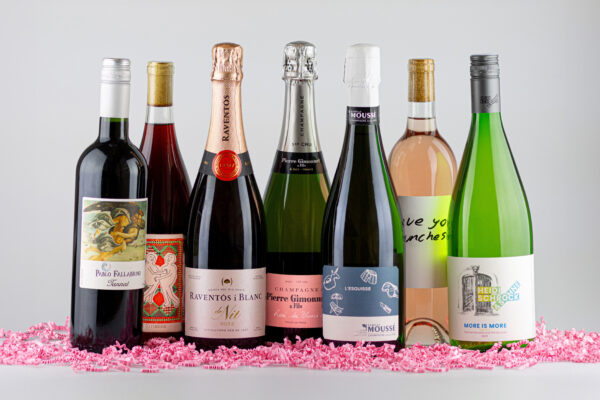Lebanon’s winemaking history is as ancient as civilization itself. Nestled along the Mediterranean, this land has been producing wine for over 7,000 years, with the Phoenicians playing a pivotal role in spreading viticulture across the ancient world. The grandeur of this legacy is still evident today in the Baalbek ruins of the Beqaa Valley, where a massive temple dedicated to Bacchus, the Roman god of wine, stands as a testament to Lebanon’s once-thriving wine trade. Throughout the centuries, Lebanese wines gained renown in Europe, traded by the Venetians, and flourished under French influence in the 19th century. However, the Lebanese Civil War (1975–1990) disrupted this industry, leaving only a few pioneering producers, such as Château Musar, to carry the torch. But from the ashes of conflict emerged a new wave of winemakers, determined to restore Lebanon’s place on the global wine stage. Among them was Massaya Winery, a producer that embodies resilience, innovation, and the spirit of modern Lebanon.
The story of Massaya is deeply intertwined with Lebanon’s recent history. The Ghosn family, owners of the winery, were forced to abandon their ancestral land in the Beqaa Valley during the civil war. When peace returned in the early 1990s, brothers Sami and Ramzi Ghosn reclaimed their land, though it had been left in ruins. Unsure of their next step, they began producing a variety of local goods, including arak, Lebanon’s traditional anise-flavored spirit.

Their journey took an unexpected turn when a chance encounter with a cork salesman led the brothers to form partnerships with two prestigious French wine families: Dominique Hébrard of Château Cheval Blanc in Bordeaux and the Brunier family of Le Vieux Télégraphe in Châteauneuf-du-Pape. These collaborations inspired Sami and Ramzi to plant vines and establish Massaya as a winery, marking a new era for Lebanese viticulture. With the support of their partners, they cultivated world-class vineyards in Beqaa and Mount Lebanon, integrating both native and international grape varieties to elevate the region’s winemaking legacy.
When Massaya released its first wines in 1998, the Lebanese wine industry was still small, dominated by a handful of established producers. Yet the Ghosn brothers and their French partners were undeterred, believing that Massaya could carve out a space for itself by focusing on quality and authenticity. Their success helped spark a winemaking renaissance in Lebanon, growing the number of wineries from just four in 1998 to over 45 today. Over the years, Massaya has refined its approach, embracing grape varieties suited to Lebanon’s unique terroirs, favoring high-altitude vineyards, and ensuring that their wines reflect the distinct character of their homeland rather than mimicking Bordeaux or Rhône styles.
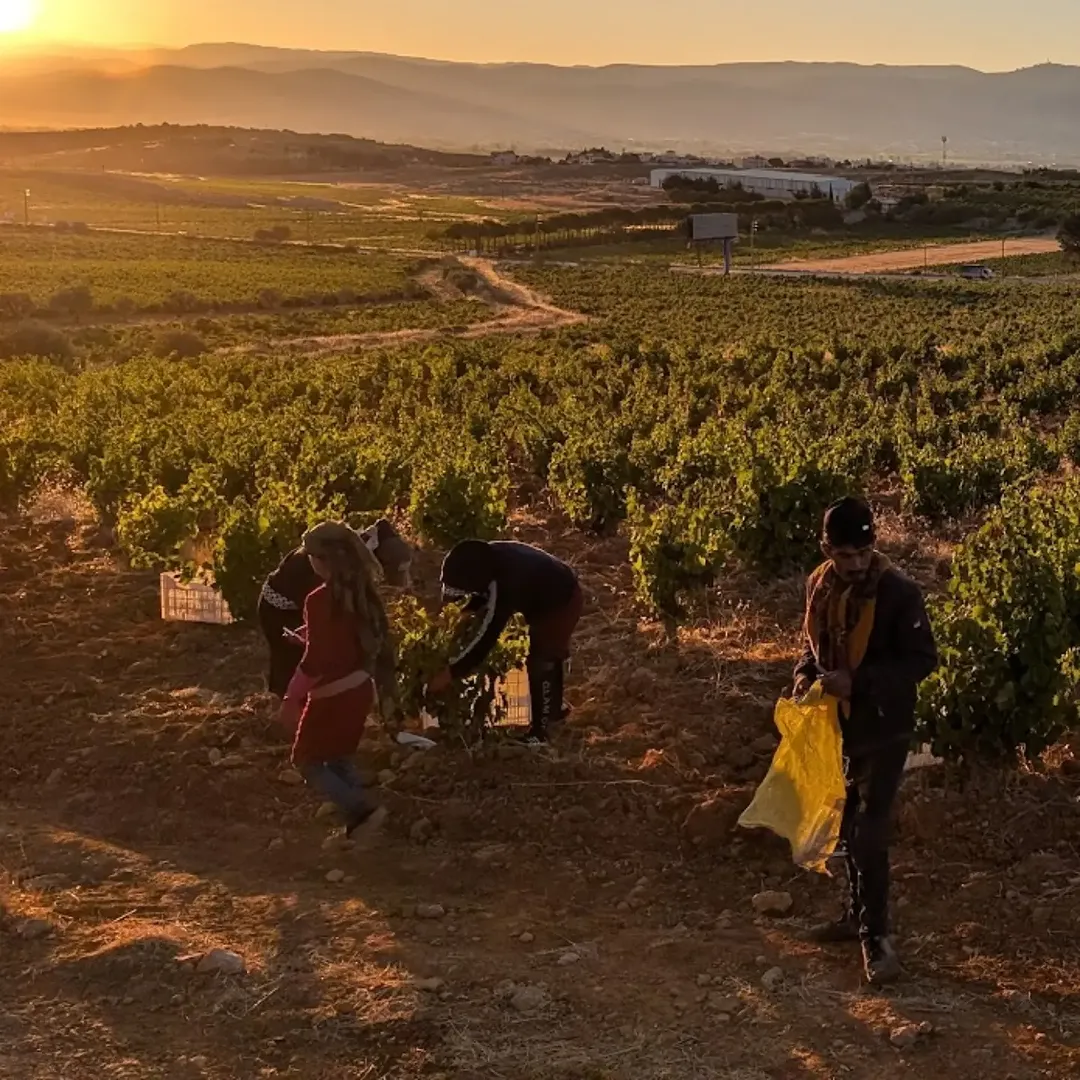
Today, Massaya operates vineyards in two distinct regions: the Beqaa Valley, where they cultivate red grape varieties, and Mount Lebanon’s Faqra Valley, where they grow native white grapes like Obeidi for both still wine and arak production. French Jesuits first brought Cinsault to Lebanon in the 19th century and over the last 100+ years this grape variety has come to define the country’s red and rose wines, with Massaya being no exception. Massaya’s wines are not just a nod to tradition—they are an expression of Lebanon’s resilience, innovation, and timeless connection to the vine.
We are thrilled to welcome Massaya to our portfolio, bringing their vibrant, age-worthy wines to a wider audience. Their journey from civil war devastation to international acclaim is nothing short of inspiring, and their wines reflect Lebanon’s extraordinary past and promising future. Whether it’s their bold reds or crisp whites, Massaya captures the essence of modern-day Lebanon—one sip at a time.
THE WINES
BLANC ‘BEQAA VALLEY’ 2022
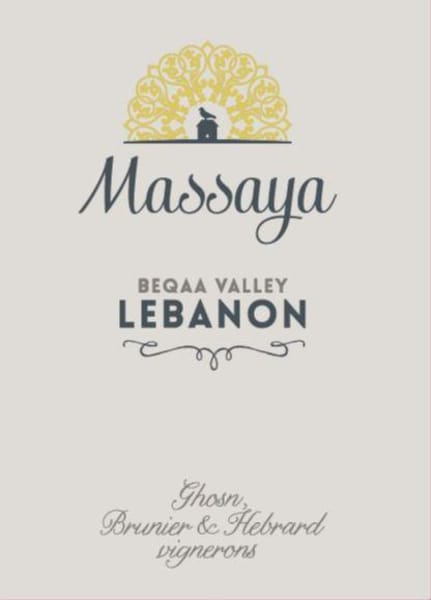 |
|
ROSE 2023
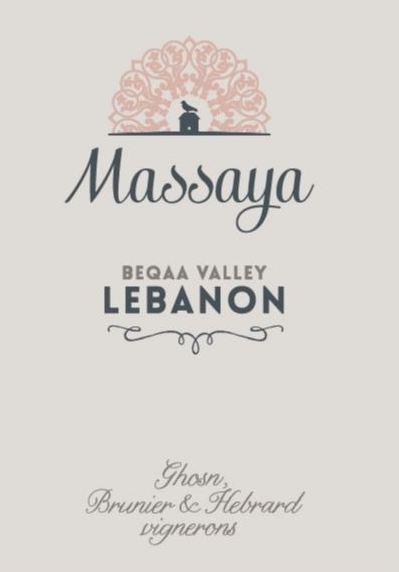 |
|
LE COLOMBIER ‘BEQAA VALLEY’ 2021
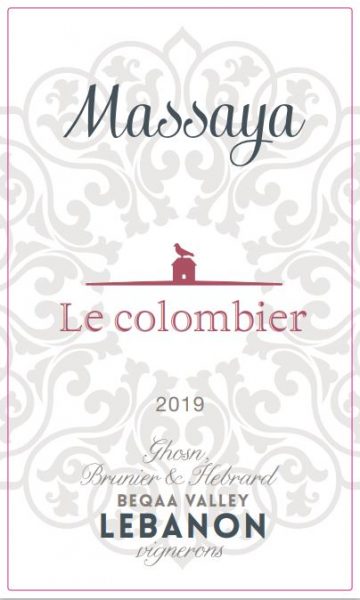 |
|
TERASSES DE BAALBECK ‘BEQAA VALLEY’ 2021
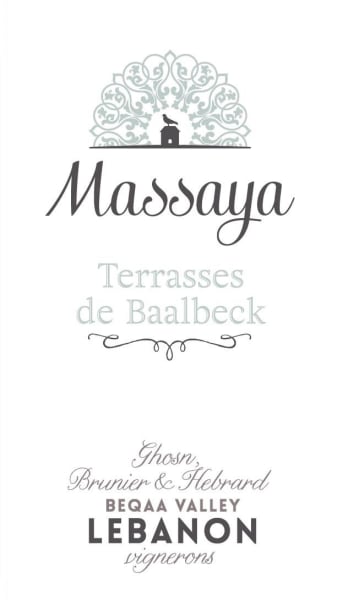 |
|
CAP EST ‘BEQAA VALLEY’ 2018
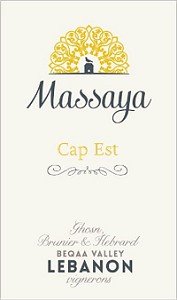 |
|
GOLD RESERVE ‘BEQAA VALLEY’ 2012
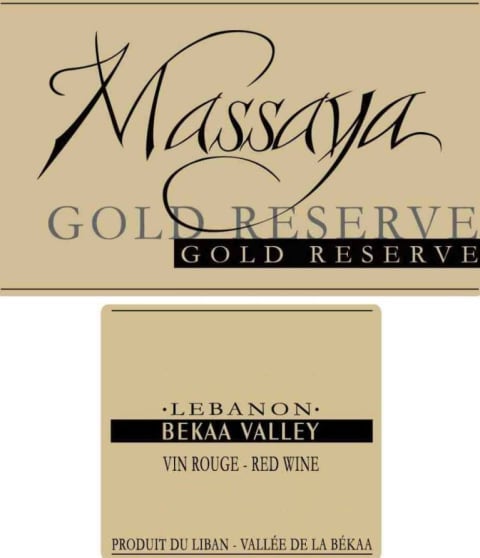 |
|




